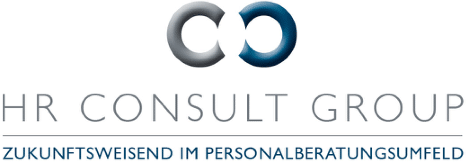Labor market analysis is a dynamic process that is constantly changing and influenced by numerous factors, including technological advances, demographic developments and global economic trends. However, as of my last update in April 2023, some clear trends can be identified in terms of in-demand skills and industries with high growth potential. These trends offer valuable insights for job seekers, companies and educational institutions.
Skills in demand
- Digital skills: Digitalization is penetrating almost all industries, leading to a high demand for digital skills. These include data analysis, software development, cybersecurity and digital marketing. Skills in dealing with artificial intelligence (AI), machine learning (ML) and blockchain technology are particularly in demand.
- Soft skills: In addition to technical skills, soft skills such as critical thinking, creativity, emotional intelligence, adaptability and the ability to work in a team are increasingly in demand. In a rapidly changing world of work, companies rely on employees who can solve complex problems, communicate effectively and work in teams.
- Sustainability and green technologies: With the growing focus on sustainability and the transition to a greener economy, the demand for professionals who are able to develop and implement sustainable solutions is increasing. This includes skills in renewable energy, environmental science and sustainable business.
Sectors with growth potential
- Technology and information technology (IT): The tech and IT sector remains a key driver of growth, driven by the ongoing digitalization of business processes and the increasing importance of data and cybersecurity.
- Healthcare sector: The healthcare industry continues to show strong growth, partly accelerated by the COVID-19 pandemic. Specialists in the fields of telemedicine, digital health services and biotechnological research are particularly in demand.
- Renewable energies: The renewable energy sector is growing due to global efforts to combat climate change and reduce dependence on fossil fuels. Specialists with expertise in wind, solar and hydrogen technologies are particularly in demand.
- E-commerce and digital marketing: The pandemic has accelerated e-commerce and digital marketing, industries that continue to grow strongly even after the pandemic. Expertise in SEO/SEM, content marketing and data analysis is particularly valuable here.
- Education and e-learning: The education sector is undergoing a transformation due to the increasing spread of online learning platforms and digital education tools. Specialists who are able to develop and implement innovative learning solutions are in high demand in this area.
Conclusion
The labor market is in a constant state of flux, driven by technological advances, global trends and societal changes. For job seekers, this means that lifelong learning and continuous skills development are crucial to staying relevant. Companies must adapt to changing demands and invest in the training and development of their employees to remain competitive. Educational institutions play a key role in preparing the next generation of workers for the challenges and opportunities of an ever-changing labor market.




